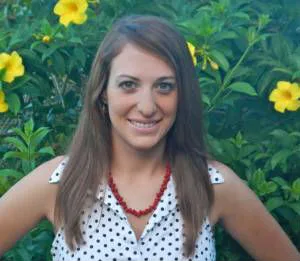Is it possible to graduate from college debt free? One think tank wants to change laws in the USA so that no students have debt after college. Cat Alford from BudgetBlonde joins the fun to not only talk about bad college jobs, but also the future of travel and a recent Time story advocating that millennials should have children sooner rather than later. You’ve heard the case for waiting, but what about the counter argument about having children early?

Joe & OG share two stories about real estate. The first one is more about estate planning….when should mom or dad tell the kids who gets the beach house? The second is about a horrible error someone recently made WITH their vacation home. You’ll be both surprised and probably more than a little amused (that it wasn’t you).
Finally, we tackle some great reader letters about financial planning, health and whether people followed us around FinCon after we won the Plutus (spoiler: they didn’t). Thanks to MagnifyMoney for sponsoring our show!
SHOW NOTES
<> Open

<> StackingBenjamins.com/MagnifyMoney – Compare, ditch, switch and save on savings accounts, checking, credit cards and other financial products using our link.
<> Headlines
<> My Dad’s Shortwave Roundtable Discussion
Cat Alford from BudgetBlonde joins us!
<> Letters
– Health and financial planning.
– FinCon/Plutus Award/Mini-interviews
<> End Show



A model where students work through college to graduate debt free is totally do able. Those who don’t believe it should check out the model used by College of the Ozarks (www.cofo.edu). They have about 4000 applicants a year and accept somewhere around 300. O, and by they way they are a private school with a 13:1 student to faculty ratio. I’m not sure why more colleges have not adopted this model.
While I believe this is a GREAT model, I’m not sure I trust the federal government to make it work.
Ha! I totally agree. Let’s leave the government out of it. The College of the Ozarks is such a cool model, and I can’t believe how well it’s working. The sad part is that huge disparity between the number of people who apply and the number they can actually accommodate. Could you ever scale the idea so it helps thousands of students rather than hundreds?